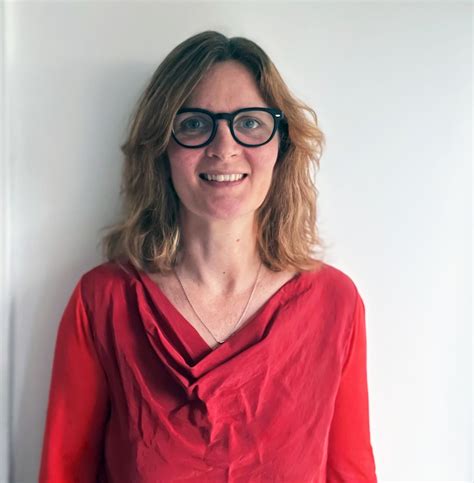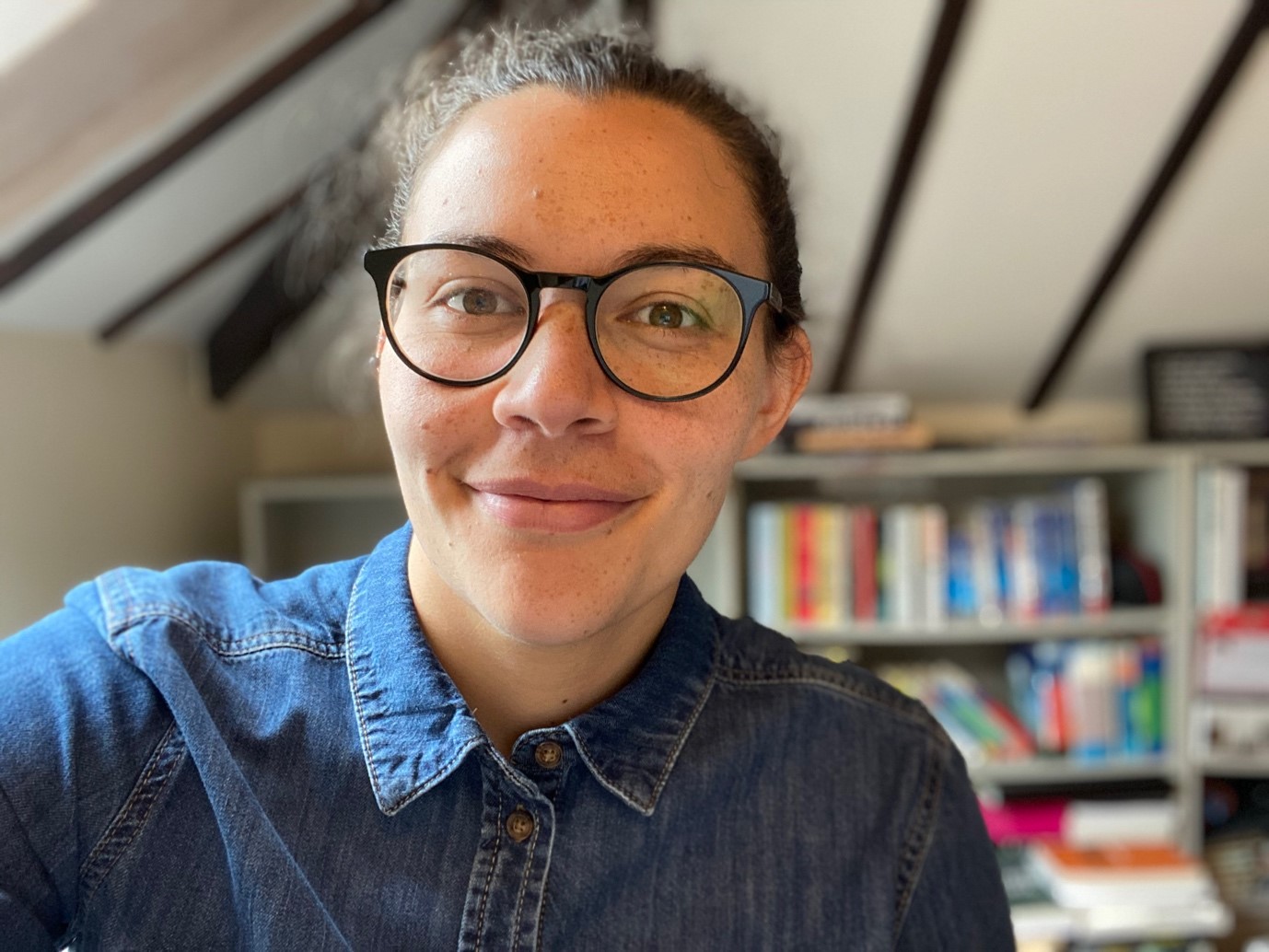Advisory group
Val Gillet

Val Gillet is Professor of Chemoinformatics at University of Sheffield. Her research interests are focussed on the development and application of chemoinformatics techniques that are used primarily in the design of novel bioactive compounds. She has expertise in data mining and machine learning methods including multiobjective evolutionary algorithms, emerging pattern mining and graph theory. Particular application areas include virtual screening, the identification of structure-activity relationships, toxicity prediction, 3D similarity methods and the de novo design of novel compounds. She also has expertise in developing novel representation methods for chemical structures with recent areas including reduced graphs, spectral geometry, wavelet analysis and reaction vectors.
Much of her research has been carried out in collaboration with pharmaceutical and software companies including: AstraZeneca, Cambridge Crystallographic Data Centre, Eli Lilly, GlaxoSmithKline, Janssen Pharmaceutials, Lhasa Limited, Novartis Pharamceuticals, Pfizer Central Research (UK and US), Sanofi-Aventis and Unilever.
Lyndsay Grant

Dr Lyndsay Grant is a lecturer in education and digital technologies in the School of Education at the University of Bristol. Drawing on critical data studies, science and technology studies and sociomaterial/posthuman theoretical approaches, my research explores how digital data technologies reshape educational practices, policies and cultures. My current research is focused on anticipatory performance of educational futures and developing new approaches to ‘data literacy’ as a playful and critical sociomaterial practice.
Anna Lauren Hoffmann

Anna Lauren Hoffmann is an Assistant Professor at the University of Washington iSchool co-founder of AfterLab, a research group dedicated to the critical study of information, data, and archives in times of transition and upheaval. Her research focuses on normative and ethical discourses attached to data and information technologies with a focus on conceptions of violence, justice, and inclusion. She is also a senior fellow with the Center for Applied Transgender Studies and affiliate faculty with the UW iSchool’s DataLab. Her work has appeared in New Media & Society, Review of Communication, Global Perspectives, and Information, Communication, and Society.
Susan Oman

Susan is Lecturer in Data, AI & Society at the University of Sheffield. Susan researches how data work in context, and in relation to particular policy issues, including well-being, loneliness, inequality and class. Her research focuses on the role of knowledge in social change. She seeks to develop practice and policy-relevant understanding through methodologically rigorous projects that work with stakeholders and partners and have practical impact in various ways. Susan Oman had two Creative Economy Engagement Fellowships, one working with Arts Council England and fifteen of its funded organisations to understand issues related to data and inequality in the sector and to realise a collaborative measure of social mobility most suitable for the creative professions. Her second focussed on sharing knowledge of good data practices and how inequality metrics work. The outcomes of these and other projects can be found profiled on How data work in context. Susan is currently a co-investigator on Living with data and her new book, Understanding Well-being Data: Improving Social and Cultural Policy, Practice and Research was published open access by Palgrave Macmillan in 2021, and on well-beingdata.com.
Octavia Reeve

Octavia is currently Interim Lead at the Ada Lovelace Institute, covering Carly Kind’s maternity leave. In her role as an Associate Director she has an organisation-wide remit to connect project planning and strategy to external outputs, impact and evaluation, ensuring that the Institute fulfils its commitment to make data and AI work for people and society.
Before joining Ada, Octavia worked in the creative and cultural industries as a gallerist and artist studio manager, in publishing as a commissioning editor, and in the technology sector as a product manager. Most recently, she worked in higher education, leading on strategic content at the Royal College of Art.
Katherine Runswick-Cole

Katherine Runswick-Cole is Chair in Education and Director of Research in The School of Education at the University of Sheffield. Katherine is known for her research and publications in the field of critical disability studies. Critical disability studies aim to understand and challenge exclusionary and oppressive practices associated with disablism and consider the ways these intersect with other forms of marginalisation including hetero/sexism, racism, poverty and imperialism. She draws on ideas from critical psychology, sociology and education and makes use of narrative, arts-informed and participatory methodologies.
Ros Williams

Ros is a sociologist based at the University of Sheffield, where she is a lecturer in digital media and society. Her research interests are in race, health, and the technologies and practices that connect them. She is interested in how race and data collide in different ways and with various consequences, from locating ‘unmet need’ in minoritised populations, to how data-sharing practices can disproportionately affect certain racially minoritised groups. She is currently working on a Wellcome Trust research fellowship exploring how racially minoritised people are recruited as stem cell donors, which incorporates a range of ethnographic and digital methods.
